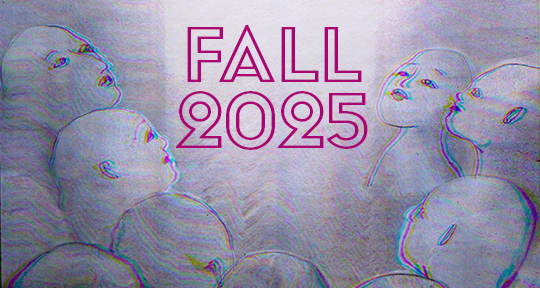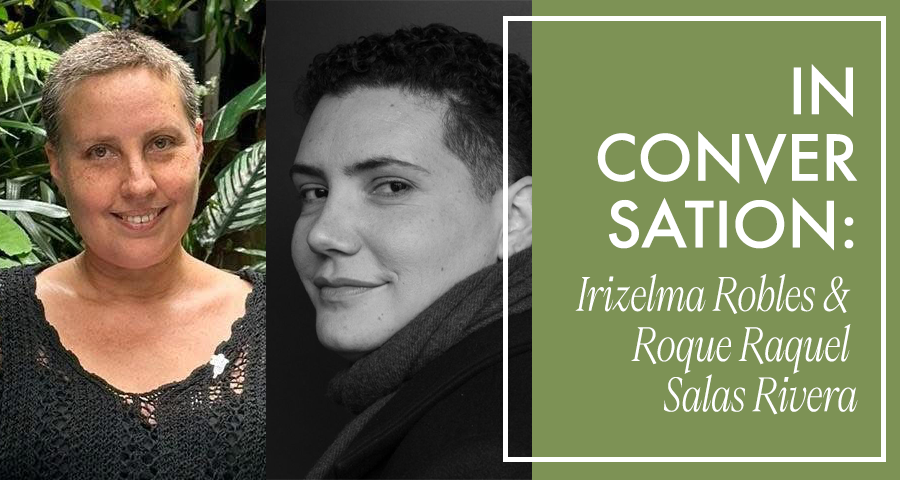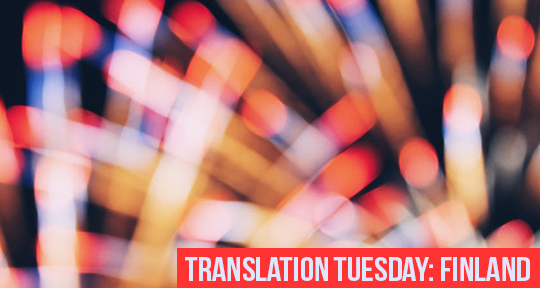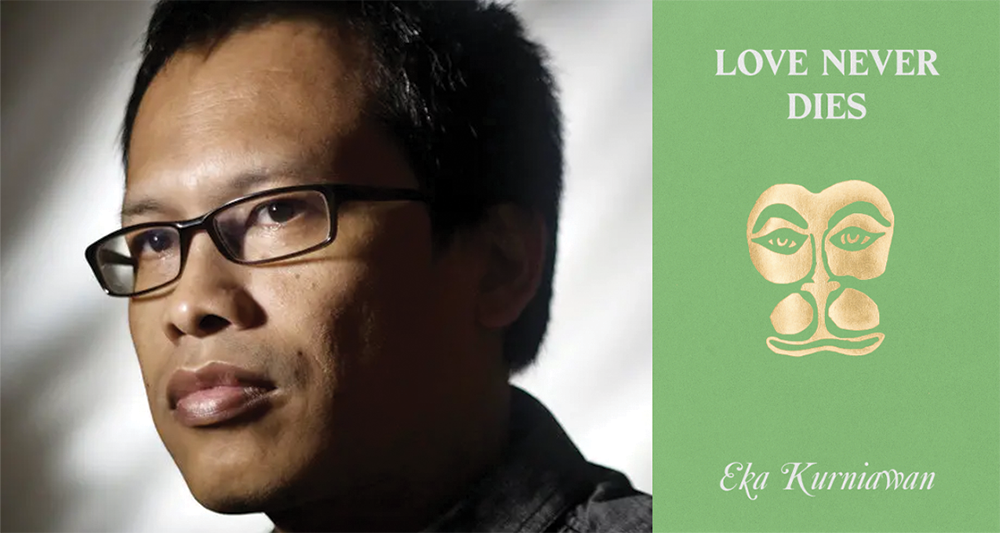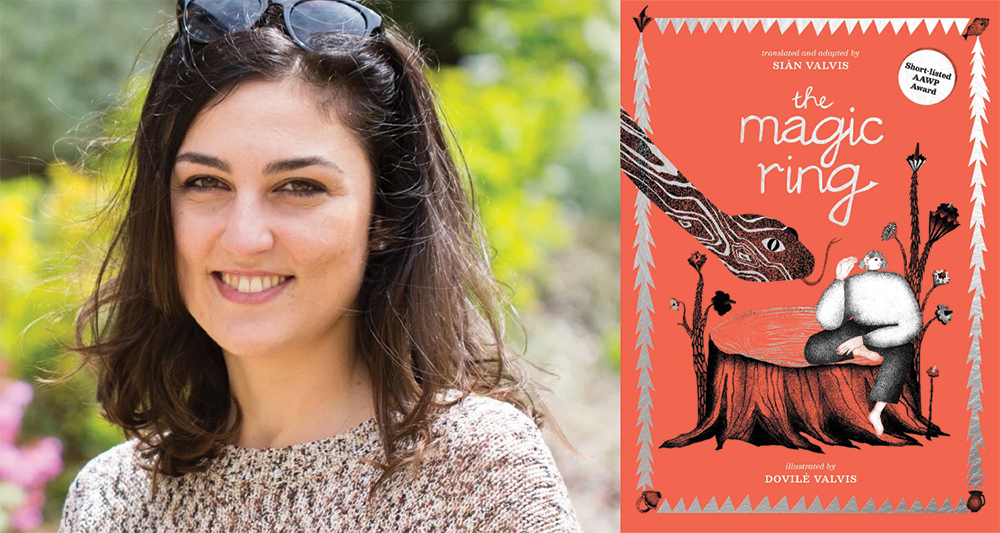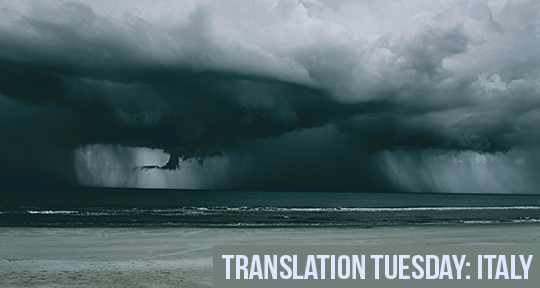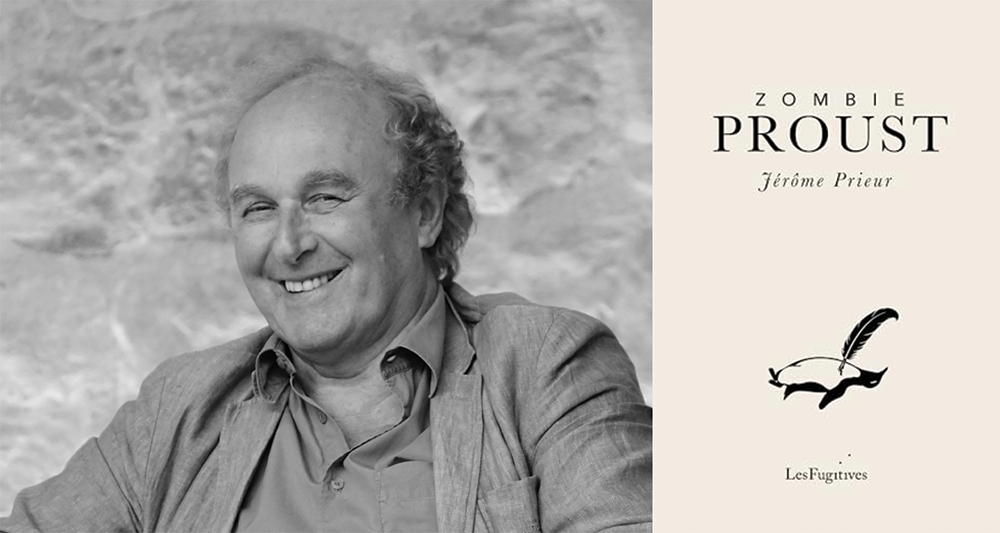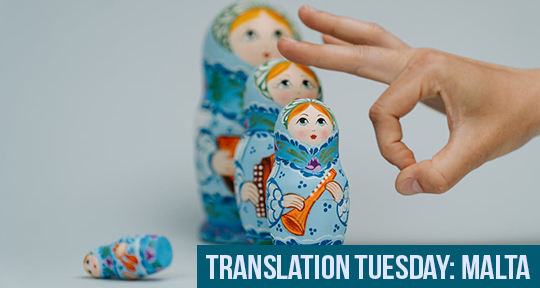Our latest—and fifty-seventh—issue draws together work from thirty-one countries and twenty-one languages, from antiquity to the boldly contemporary, the comedic to the compassionate, the historic to the experimental. To help you navigate this compendium, our blog editors offer up their favourites.
In one of the many street art pieces embroidering the surfaces of Athens, a black sign reads: ‘A memory of a memory that we are all left with.’ Greece’s capital is bound in all directions: to the bodies that live within its confines, the oblique and omnipresent archive, the dynamism of recollection, the strategies of function, the desperation of loss, the translucency of power, reality’s elasticity and its collapse. To be within it, then, is to acknowledge that no space is neutral—that the collective illusion of fixed borders, fixed pasts, and fixed stratagems of everyday life are gossamer comforts. There is nothing stable in the city. The condition of its existence is nothing less than a mass hypnosis.
‘When my parents told me we lived in Athens, I believed them.’ Amanda Michalopoulou writes in ‘Desert‘, translated with great emotional heft by Joanna Eleftheriou and Natalie Bakopoulos. Through a combination of confession and elucidation, the piece seeks to delineate the living morphology of present-day Athens from its manipulated dreams of cohesion and glory, earmarking the ‘transcendent’ objectives of the ancient city as a catalyst for its current fragility, the very definition of transcendence gesturing at an inoperable unreality, a beyond that persists only in attempts and potentialities. ‘A city that would invent cities and governments, language and liberty,’ so Athens grew with immovable conjectures of goodness and intelligence, until: ‘Step by step, they created a society that matched their insatiable vision of absolute power and control.’ The converge of experience and concept is chaotic, and space does not hesitate to dislocate itself from our comprehension. Thus, as Michalopoulou describes her ‘investigations,’ the city can perhaps be only understood via the fragmented origins of our most ancient texts, in those long-gone years where our present certainties had been amended, invented, reconstituted, and dismembered ceaselessly. The instability of today’s Athens resents the wonders and heights of its own birth, yet this shakiness is also evidence of another strength, for it is as David Graeber said: ‘The ultimate hidden truth of the world is that it is something we make and could just as easily make differently.’ READ MORE…



